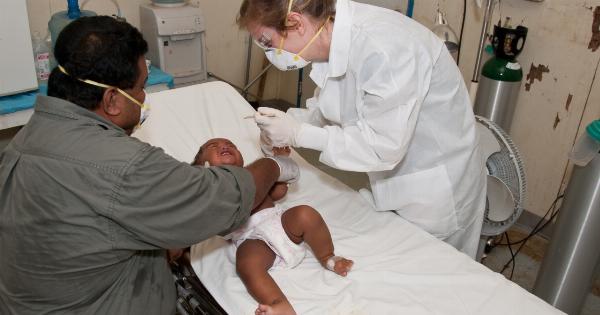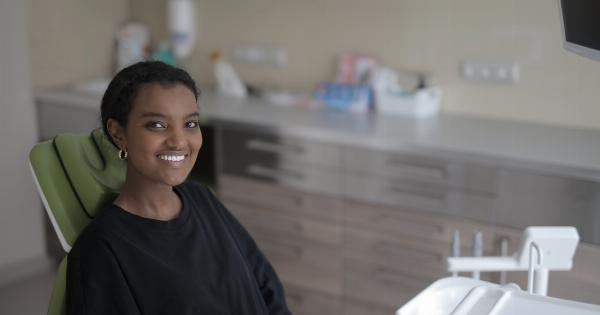The Middle East respiratory syndrome (MERS) is a viral respiratory illness that is caused by the MERS-coronavirus (MERS-CoV). This is a rare but serious illness that can lead to severe respiratory distress and even death.
MERS was first identified in 2012, and since then, it has been reported in several countries around the world. While the majority of cases have been in the Middle East, there have been instances of MERS infection in other parts of the world as well.
Symptoms of MERS
The symptoms of MERS can range from mild to severe, and can develop anywhere from 2 to 14 days after a person has been exposed to the virus. The most common symptoms include:.
- Fever
- Cough
- Shortness of breath
- Breathing difficulties
In some cases, patients may also experience gastrointestinal symptoms such as diarrhea and vomiting. In severe cases, MERS can lead to pneumonia, kidney failure, and even death.
How MERS Spreads
MERS-CoV is a zoonotic virus, which means that it is transmitted to humans from infected animals. In the case of MERS, camels are believed to be the primary source of the virus.
However, it is also possible for MERS to spread between humans in close contact with each other.
The virus is spread through respiratory secretions such as coughing and sneezing, and can also be transmitted through contact with surfaces that are contaminated with the virus.
Preventing MERS
There is currently no vaccine or specific treatment for MERS. Therefore, the best way to prevent infection is to take steps to avoid exposure to the virus. Here are some steps you can take to protect yourself:.
1. Avoid Contact with Infected Animals
Since camels are believed to be a primary source of MERS, it is important to avoid contact with these animals.
If you must come into contact with camels, make sure to wear protective clothing, such as gloves and face masks, and wash your hands thoroughly with soap and water after removing the protective gear.
2. Practice Good Hygiene
Regular hand washing is one of the most effective ways to prevent the spread of MERS.
Make sure to wash your hands frequently with soap and water, especially after being in contact with someone who is sick or after touching surfaces that may be contaminated with the virus.
You should also avoid touching your face, especially your eyes, nose, and mouth, as this can increase your risk of infection.
3. Use Respiratory Precautions
If you are caring for someone who is infected with MERS, it is important to use respiratory precautions such as wearing a face mask.
You should also avoid sharing personal items such as towels or utensils with the infected person and make sure that any surfaces that may be contaminated with the virus are thoroughly cleaned and disinfected.
4. Avoid Large Crowds
If you are traveling to areas where MERS outbreaks have been reported, it is important to avoid large crowds and close contact with people who may be sick. You should also avoid contact with animals, especially camels, while traveling.
Conclusion
MERS is a serious illness that can be fatal in some cases.
While there is no specific treatment for this virus, taking preventative measures such as avoiding contact with infected animals, practicing good hygiene, using respiratory precautions, and avoiding large crowds can help reduce your risk of infection.
Remember to always stay alert when traveling and be mindful of the risks associated with visiting areas where MERS outbreaks have been reported.



























